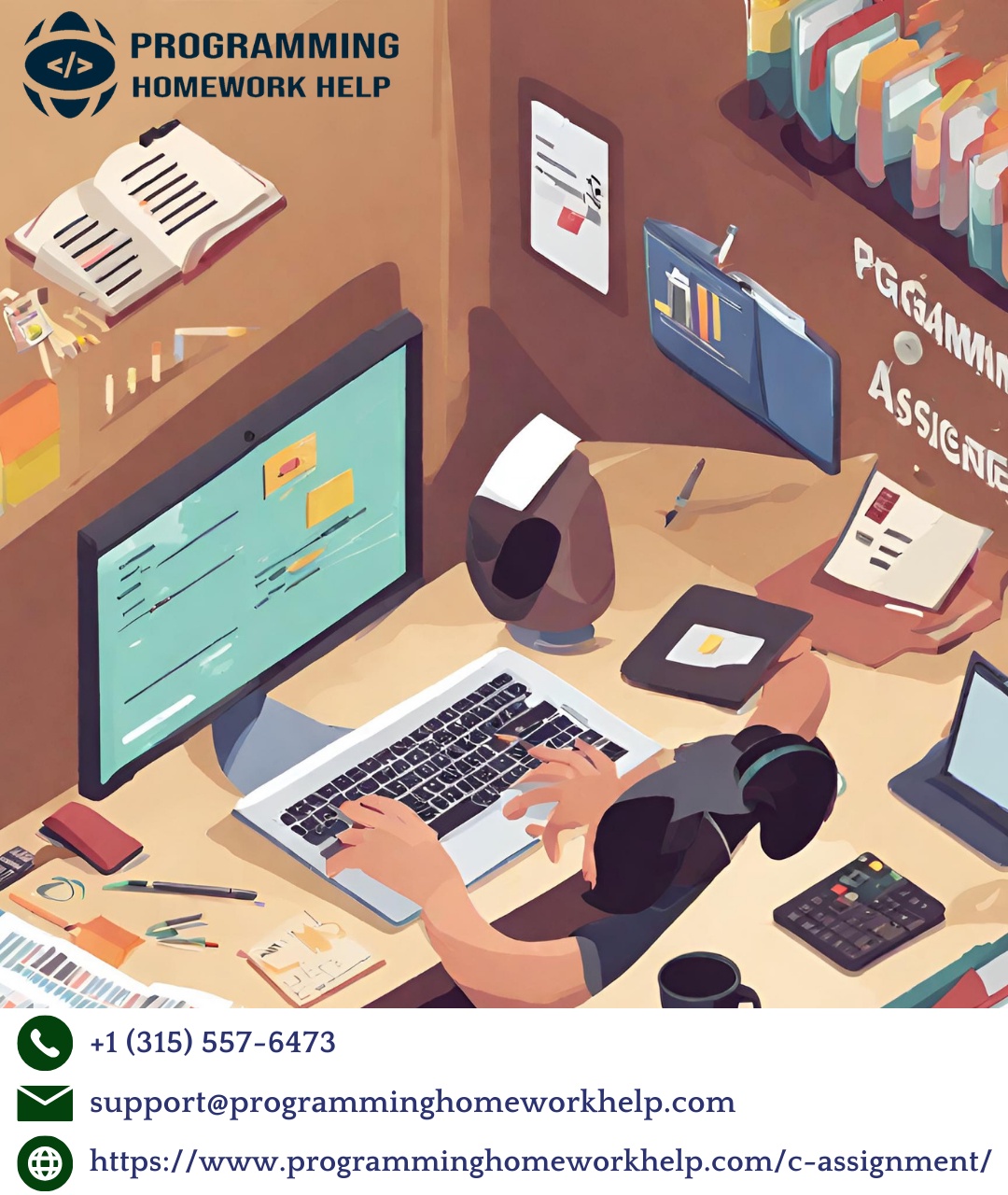C programming is a fundamental skill for students in computer science and related fields. While learning C, students often encounter challenges that can lead to common mistakes in assignments. In this blog post, we'll explore some of these mistakes and provide insights on how to learn from them for continuous improvement. If you find yourself in need of guidance or support, our C programming assignment help is available to assist you at every step of the way.
1. Ignoring the Basics
One of the most common mistakes is neglecting the fundamentals of C programming. Students may rush into complex assignments without a solid understanding of basic concepts such as variables, loops, and functions. To overcome this, take the time to revisit the basics regularly. Online tutorials, textbooks, and practical exercises can reinforce your foundational knowledge.
2. Poor Understanding of Pointers
Pointers are a powerful feature in C, but they can be a source of confusion for many students. Mistakes related to pointers, such as dereferencing errors or memory leaks, can lead to unpredictable program behavior. Invest time in mastering the concept of pointers through hands-on practice and seek clarification from your professors or online resources.
3. Inefficient Memory Management
C requires manual memory management, and improper allocation or deallocation of memory can result in serious issues like memory leaks or segmentation faults. Be meticulous in managing memory and always free up memory that is no longer needed. Utilize tools like Valgrind to detect memory-related errors in your programs.
4. Neglecting Error Handling
Effective error handling is often overlooked by students. Ignoring potential errors in input validation or system calls can lead to unreliable programs. Learn to incorporate robust error-handling mechanisms in your code, such as checking return values and providing meaningful error messages. This practice will enhance the reliability and resilience of your C programs.
5. Copy-Pasting Code Without Understanding
In the age of online resources, it's tempting to copy-paste code snippets without truly understanding them. This approach can hinder your learning and make debugging a daunting task. Instead, use code from reputable sources as a reference and strive to comprehend each line. This way, you'll be better equipped to troubleshoot issues and customize code to suit your specific requirements.
Conclusion
Mastering C programming involves making mistakes and learning from them. By addressing common pitfalls early in your learning journey, you'll develop a solid foundation and become a more proficient C programmer. Embrace challenges, seek guidance when needed, and continually refine your skills through practice and exploration.


No comments yet